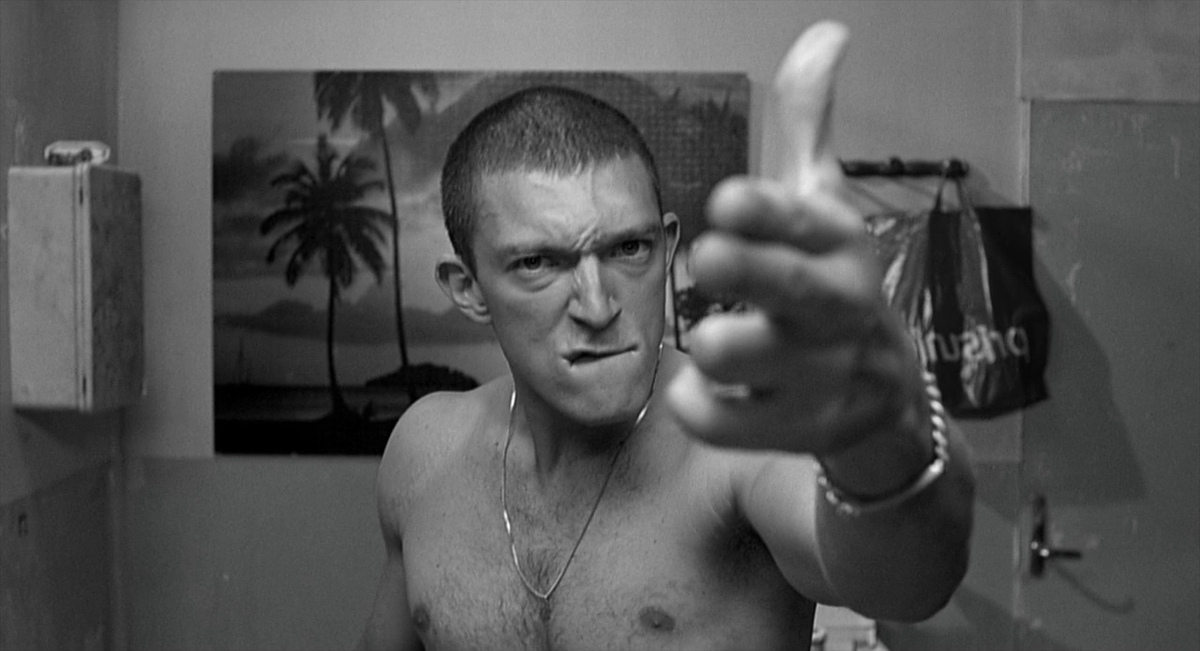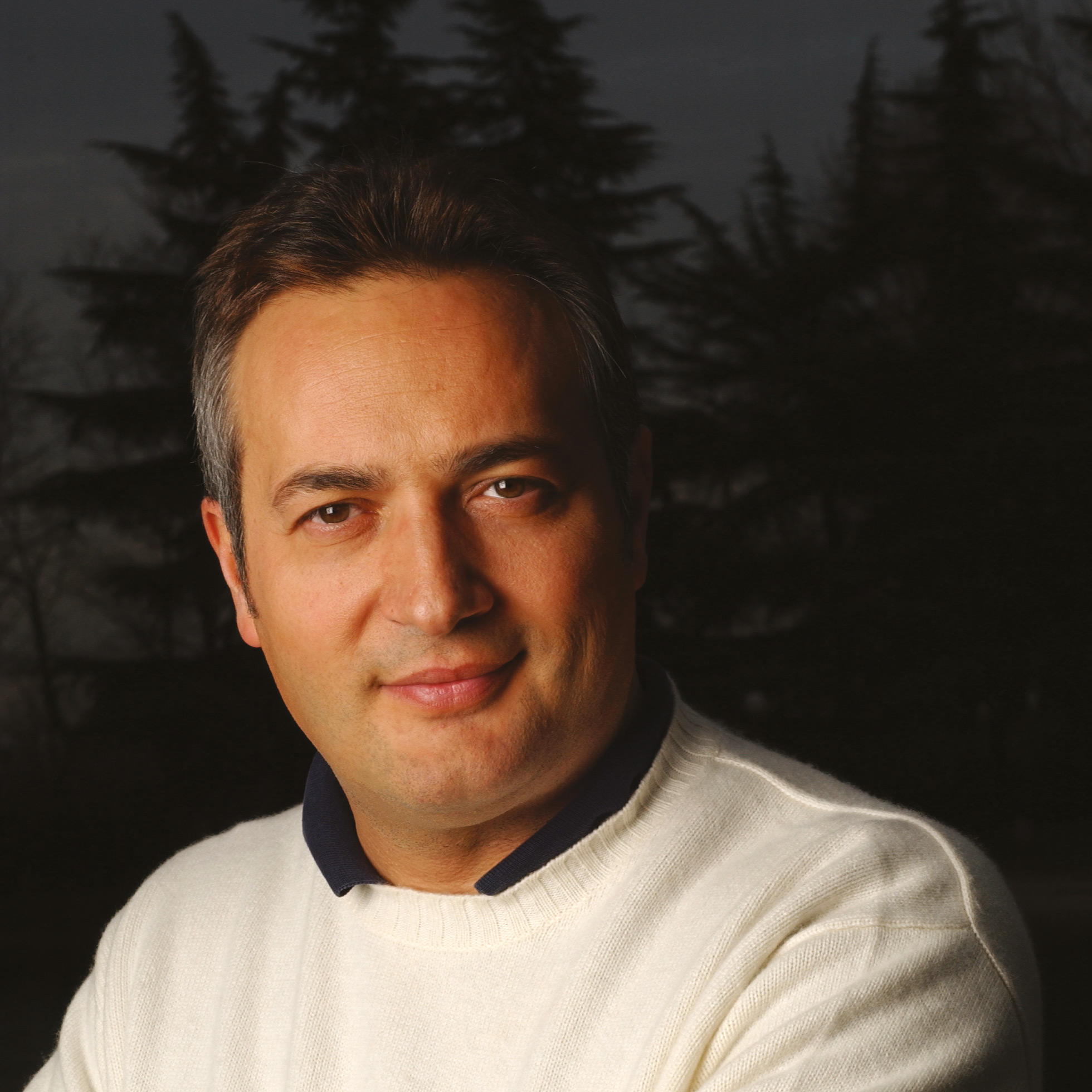Milan, the economic capital of Italy. Milan, the only truly European Italian city. Milan, home to the world’s most expensive real estate per square meter on the renowned fashion avenue, Via Montenapoleone. Yet, so often on these pages of Good Morning Italy, I have shared seemingly minor stories of rampant insecurity, illegal immigrants, and the widespread phenomenon of North African youth gangs—young immigrants, often second or even third-generation Italians. Those who address such topics are typically accused of racism, xenophobia, or sympathizing with far-right movements. This is the usual ideological distortion that blinds itself with its own biased preconceptions.
Now, with the uprising in Corvetto—a Milanese neighborhood not far from the city center—what is being said, what is being done? Sadly, my warnings have proven prophetic: the so-called spark has ignited. The death of Ramy, a young Egyptian who perished during a police chase last Sunday night, is both a tragedy and a perfect storm. From the high-powered, expensive TMax motorcycle, a symbol of maranza culture, to the wall of death where it all ended, the transition was swift and devastating. An investigation will determine what happened. A young life lost is always a tragedy. Yet, we must not romanticize: these are kids who live in crime, flee because they steal and deal drugs, and carry menacing knives in their pockets.
The anger in the community is palpable. Ramy’s friends and others in this violent neighborhood are furious—at the police, at the state—and they protest violently, looting a part of the city already ravaged by neglect. Their anger is directed at a state that has long abandoned them. That territory, that part of Milan, has become a non-territory defined by degradation and crime. And now, those who ignored the deafening silence of the state are panicking at the sight of riot police and the crackle of tear gas. They cry out, fearing Milan’s Corvetto will become Paris’s banlieue—a wave of unrest threatening their surreal and insulated lives.
This is the failure of inclusion, dear progressive friends. These young people didn’t just arrive yesterday on boats; they are our children, and we failed to offer them dignity, a job, or social and cultural opportunities. Self-pity or calls for repression are futile now. Let this serve as a lesson: the future of our democracies will be filled with stories like these.


